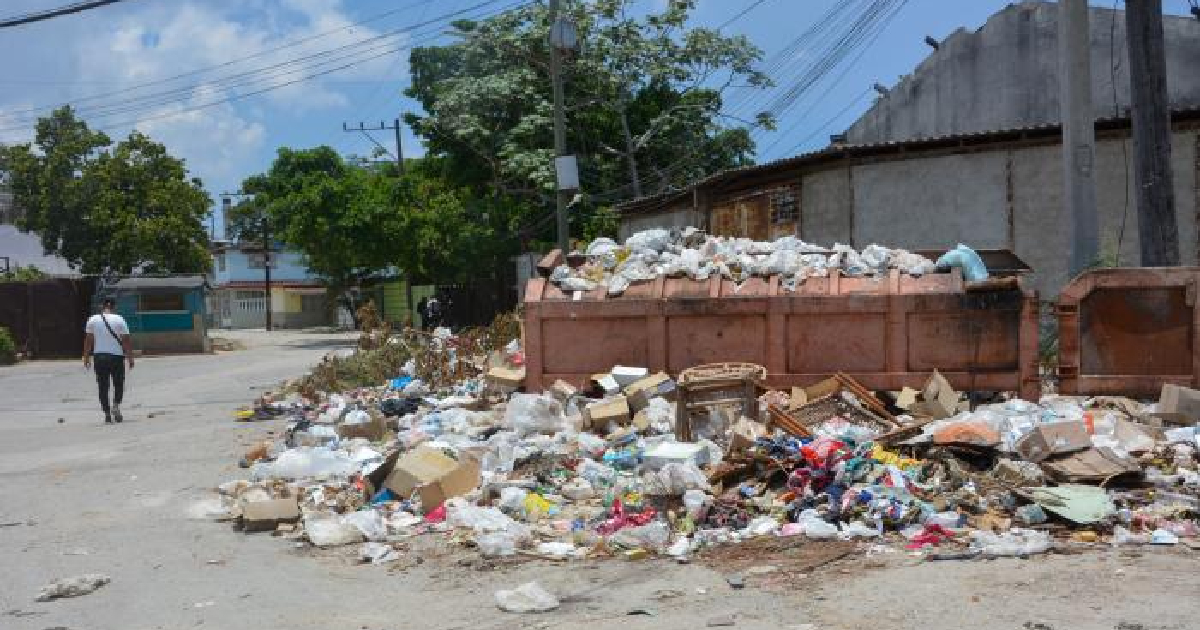
After the breakdown of dozens of trucks donated by Japan, the Provincial Directorate of Community Services in Havana is facing a total crisis due to the low availability of equipment for garbage collection and the increase in cubic meters of waste per day.
According to a report published in the official newspaper Granma, the entity has just 57 percent of the fleet available, while the capital generates 30,108 cubic meters of waste daily.
It should be noted that in 2023 the territory had 23,814 cubic meters, but at that time there were Japanese donations that, between 2018 and 2019, provided Cuba with 100 collection trucks.
In addition, the Asian territory delivered 40 dump trucks, 25 skid steer loaders, 50 motorized brush cutters, 25 chainsaws, and 15 trucks intended for the control and monitoring of processes.
Similarly, the most important force, Hino brand trucks, began to experience breakdowns in parts, pieces, and aggregates, with no possibility of finding quick solutions.
Currently, almost half of those units are out of service, and little to nothing can be done: “The supplying company left the island, and due to the blockade, it is now impossible for them to sell the supplies for their repair directly or indirectly,” states the news text.
In this regard, the entity pointed out that today only 45% of the tractors and 51% of the dump trucks can fulfill their work shift, a fleet unable to collect waste in a city of almost two million inhabitants, according to recently released figures.
The fuel crisis, the diversion of resources, and the lack of workers are also impacting: "The managerial position is vacant or in the process of being appointed in Arroyo Naranjo, Cerro, Centro Habana, San Miguel del Padrón, and Marianao, almost all municipalities with a complex situation," stated Miguel Gutiérrez Lara, head of the Supervisory Group of the Provincial Government Inspection of Havana.
Given such a scenario that extends nationwide, the proliferation of filth and the increase in diseases during the summer can be understood, such as vomiting and diarrhea caused by flies; leptospira associated with mice, and dengue, zika, chikungunya, and Oropouche, according to the statements of the epidemiologist from the National Rehabilitation Hospital Julito Díaz, Belkis Aracelis Barrera.
What do you think?
COMMENTFiled under: